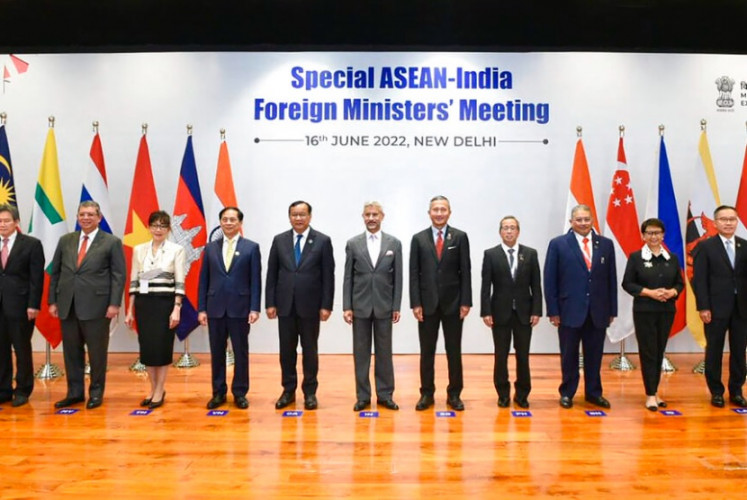Causal relations between terrorism and capitalism
Another bomb attack happened in Brussels, Belgium. Some said that this was a matter of politics and radicalism, but other hypotheses regarded the terrorism in economic terms. Referring to the 2015 Global Terrorism Index, the economic cost of terrorism reached a 10-fold increase since 2000. The year 2014 was the highest point in three decades. The number led us to the conclusion that the correlation of economics to terrorism was getting higher
Change Size
 Analyzing world’s report among several parents of fugitive activist, the main fertilizer for radicalism is youth-unemployment. (Shutterstock/-)
Analyzing world’s report among several parents of fugitive activist, the main fertilizer for radicalism is youth-unemployment. (Shutterstock/-)
A
nother bomb attack happened in Brussels, Belgium. Some said that this was a matter of politics and radicalism, but other hypotheses regarded the terrorism in economic terms. Referring to the 2015 Global Terrorism Index, the economic cost of terrorism reached a 10-fold increase since 2000. The year 2014 was the highest point in three decades. The number led us to the conclusion that the correlation of economics to terrorism was getting higher.
Analyses suggest the main fertilizer for radicalism is youth unemployment. In most European countries, immigrants have become the predominant social problem, not only concerning humantarian issues, but also over providing economic opportunities for all. Eurostat data indicates a 12.6 percent increase of unemployment among non-European-born youth from 2007 to 2014. This is the highest since 2000.
Terrorism is related to economics because of the system. Capitalism – acknowledged to be world’s current economic system – tends to create firm structures. Every company operates with limited resources. That’s why most suppliers have strong bargaining power. The role of networking has made the power stronger.
This also occurs in the financial sector. Most banking systems operate through multinational conglomerates. This allows funds to be transferred internationally from consumption-oriented countries to investment-focused countries. More nations unconsciously develop themselves into markets for another nation’s product. In fact, capital fleeing from developing country has rapidly grown for the last five years, forcing stock markets to actively fluctuate.
Under the capitalist framework, a group of nations achieves success in enhancing welfare while others must keep fighting poverty. Today, more political studies have pointed out that this symptom provokes a quick response from radical ideologists. Desire for equality is the norm.
Dealing with these facts is not simple. Another economic system must be developed to balance the forces of capitalism. Otherwise the existing gap will widen for the next five years.
Throughout the years, many scholars had succeeded in developing a possible socio-economic counteraction. Although the concept is ideal for creating independent economic power among nations, free trade and open economies seem to be crucial constraints. They must have the power to dismantle the walls of established capitalism.
One major example of progress has been made in the last three years. Socio-economics has become a promising third economic force. Using social awareness and movements, the concept is believed to have a hidden power that can deal with a slowing economy. At least it is useful to minimize the causal effects between those two variables.
***
Aries Heru Prasetyo is a PhD student, College of Management, Fu Jen Catholic University, Republic of China. He is a part of research team for Taiwan industry.
---------------
We are looking for information, opinions, and in-depth analysis from experts or scholars in a variety of fields. We choose articles based on facts or opinions about general news, as well as quality analysis and commentary about Indonesia or international events. Send your piece to community@jakpost.com.








